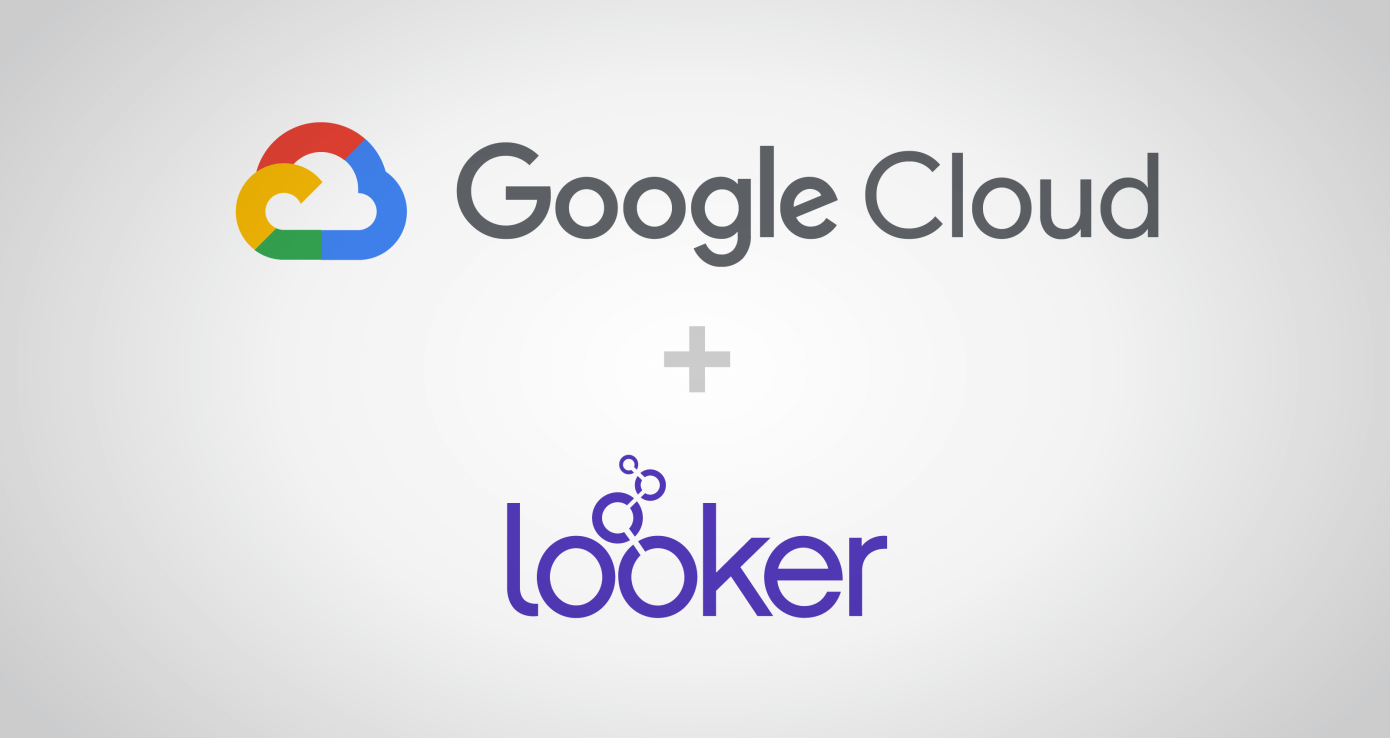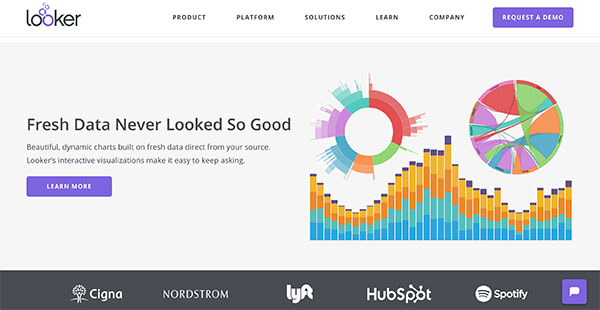The Covid pandemic has massively affected the way businesses operate. From employees working from home, to customers avoiding brick and mortar stores in favor of e-commerce, to straining supply chains collapsing under new restrictions, there isn’t a single aspect of a business’s operations that hasn’t been affected in some way.
While many have been hoping for a return to pre-2020 business operations, it’s become clear that things will never go back to exactly how they were before. Between new covid variants leading to stricter distancing rules and employees resigning rather than coming back to the office, the timeline for a full return to in-person work is getting longer and longer. The longer the pandemic continues, the harder it will be to move back to pre-Covid operations.
But it’s not all the coronavirus’s fault. The pandemic merely accelerated a shift towards digitization and decentralization that’s been happening since the dawn of the Internet. Companies were shifting to more remote work even before the pandemic, and it didn’t take stay-at-home orders to get customers to choose online shopping over brick-and-mortar retail.
In this new normal, it all comes down to how well a company can adapt to these hurdles. With the right tools, companies can be just as productive with remote teams as they were working in-person. Businesses that struggled to establish an online presence before can use software to help drive ecommerce sales and compete with the big players.
Business intelligence software is a crucial tool for companies trying to weather this transition. Collecting and analysing data is more important than it’s ever been for keeping a business competitive, in a few key ways.
First, data helps businesses track and respond to industry trends. During the pandemic, customer trends can change without any warning, forcing companies to catch up. Businesses that can act on new customer trends the quickest will be the most competitive, especially as customers start prizing convenience over all else. Those that are slow to react to industry trends, or worse, don’t even know what trends are happening at all, will get left behind as customers flock to better prepared competitors.
BI tools can help to keep remote teams on the same page. With cloud-based solutions like Domo, users can log in and see all the data they need, anytime and anywhere, as long as they have an Internet connection. Even with in-person work, data access is a major problem. Ensuring that employees have all the data they need to make informed decisions will streamline workflows and make everything more efficient.
With pandemic-caused supply chain issues, just getting products to customers can be impossible. While BI software can’t magically solve these issues, it can mitigate them, by giving companies the tools they need to adapt and move quickly when problems do happen. With improved data, companies can make sure products are going to where they’re needed, and not sitting on store shelves for months.
The pandemic has led to massive shifts in the ways businesses operate. Companies that have used BI tools to adapt to these new challenges have thrived in the new normal, while companies that were unprepared for the shift suffered. With robust BI tools, companies can make up for lost time and stay competitive.




































